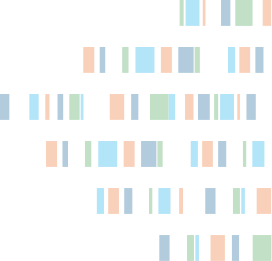Although hybridisation through genome duplication is well known, hybridisation without genome duplication (homoploid hybrid speciation, HHS) is not. Few well-documented cases have been reported. A possible instance of HHS in Medicago prostrata Jacq. was suggested previously, based on only two genes and one individual. We tested whether this species was formed through HHS by sampling eight nuclear loci and 22 individuals, with additional individuals from related species, using gene capture and Illumina sequencing. Phylogenetic inference and coalescent simulations were performed to infer the causes of gene tree incongruence. We found no evidence that phylogenetic differences among M. prostrata individuals were the result of HHS. Instead, an autopolyploid origin of tetraploids with introgression from tetraploids of the M. sativa complex is likely. We argue that tetraploid M. prostrata individuals constitute a new species, characterised by a partially non-overlapping distribution and distinctive alleles (from the M. sativa complex). No gene flow from tetraploid to diploid M. prostrata is apparent, suggesting partial reproductive isolation. Thus, speciation via autopolyploidy appears to have been reinforced by introgression. This raises the intriguing possibility that introgressed alleles may be responsible for the increased range exploited by tetraploid M. prostrata with respect to that of the diploids.

Home » A cryptic species produced by autopolyploidy and subsequent introgression involving Medicago prostrata (Fabaceae)
Publications
A cryptic species produced by autopolyploidy and subsequent introgression involving Medicago prostrata (Fabaceae)
myBaits
Daicel Arbor Biosciences
5840 Interface Dr. Suite 101,
Ann Arbor, MI 48103
1.734.998.0751Ann Arbor, MI 48103
©2024 Biodiscovery LLC
(d/b/a Daicel Arbor Biosciences)
All Rights Reserved.
(d/b/a Daicel Arbor Biosciences)
All Rights Reserved.
Design and development by Raincastle Communications.
